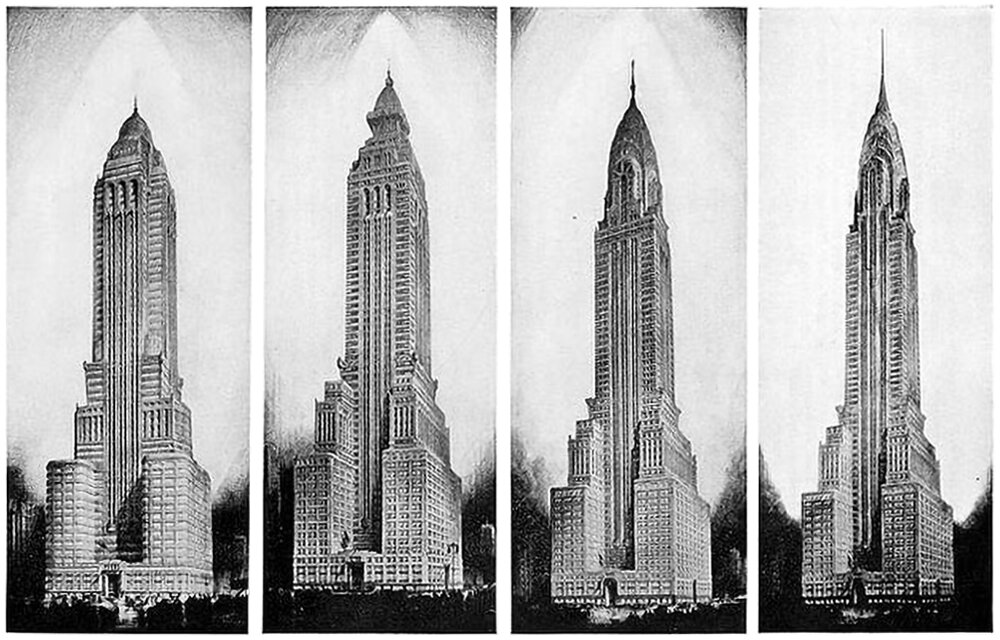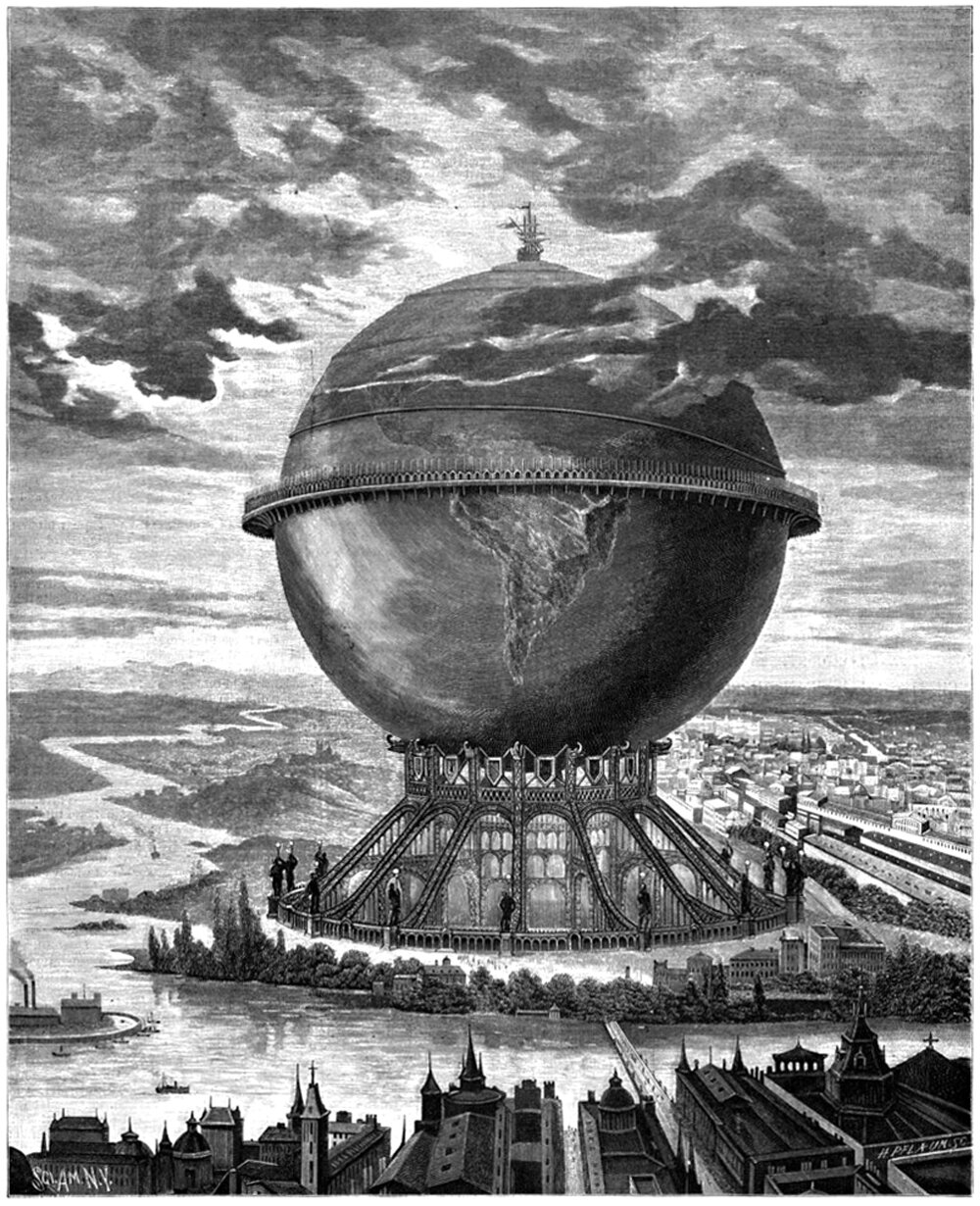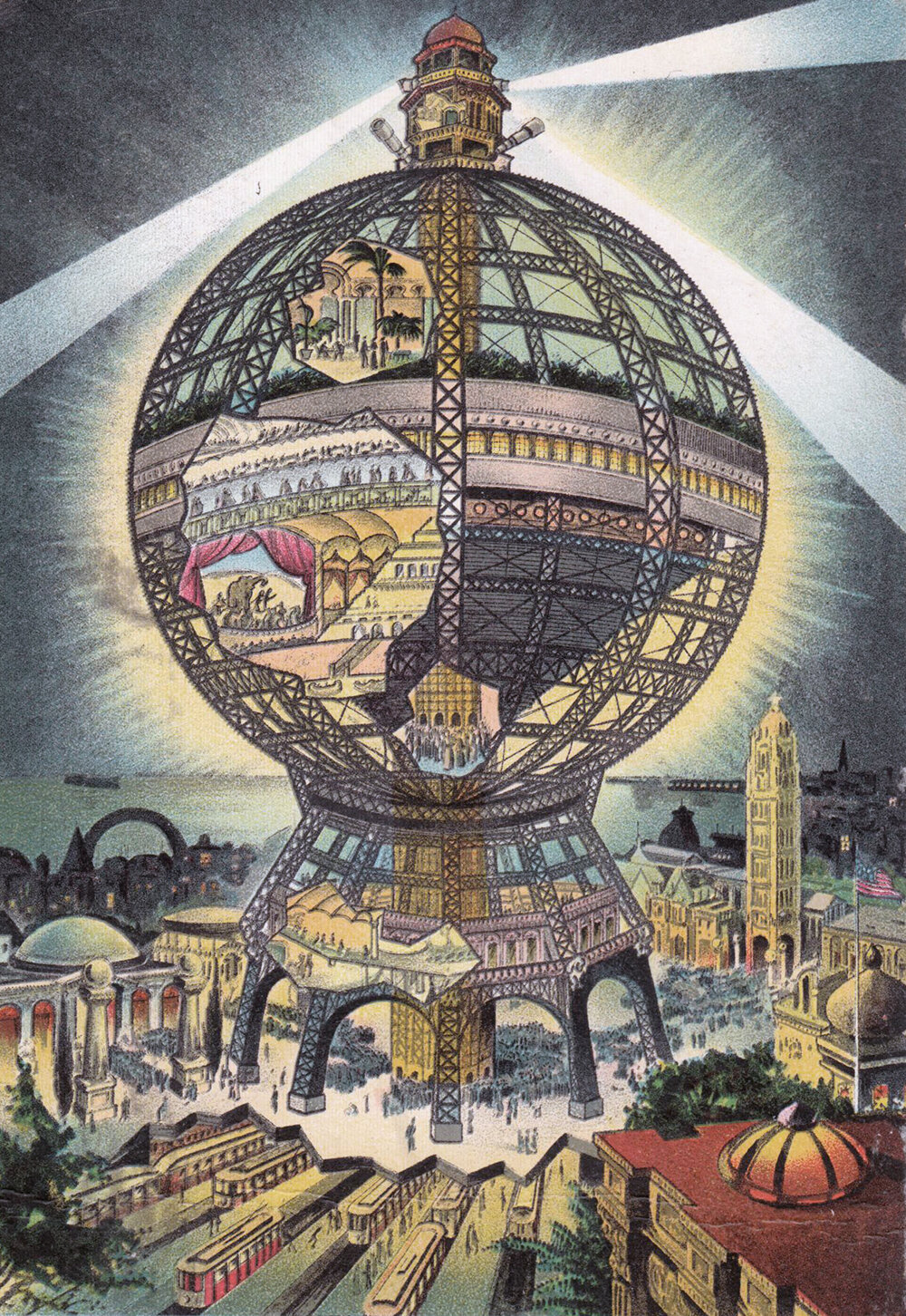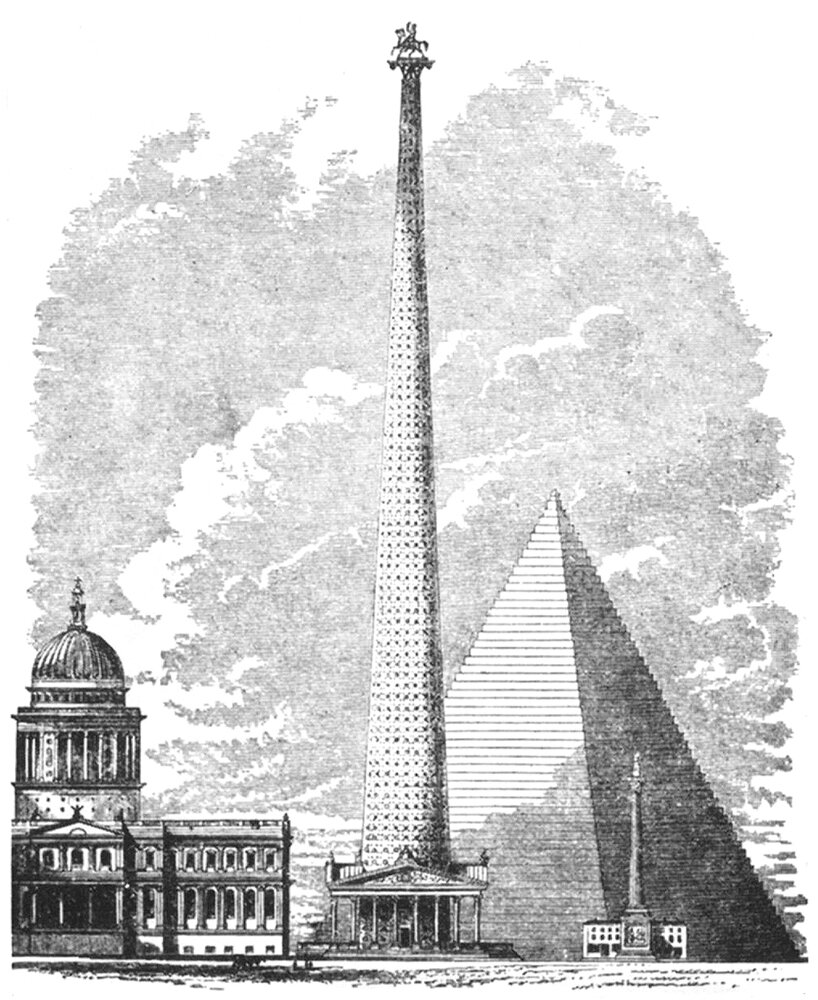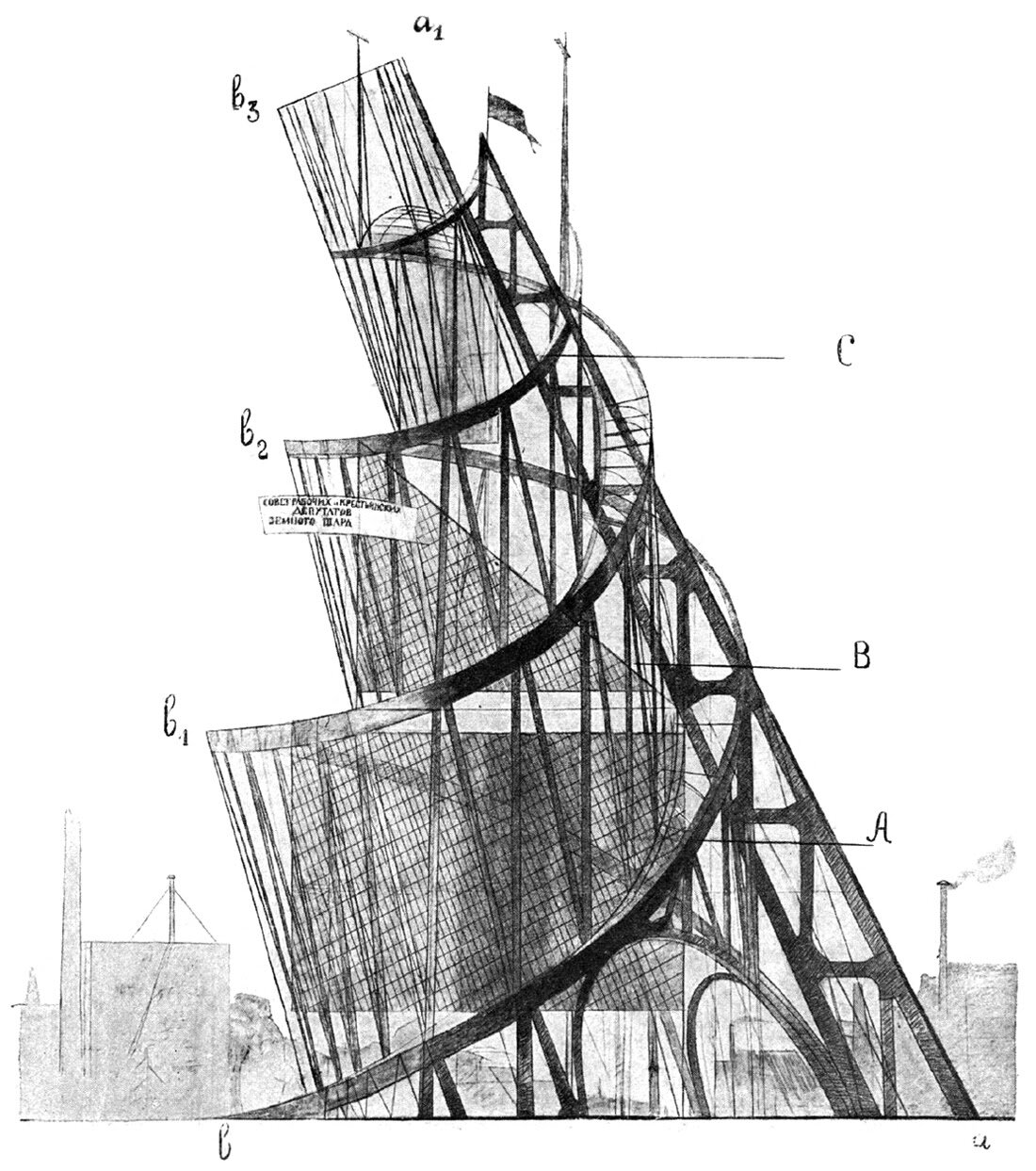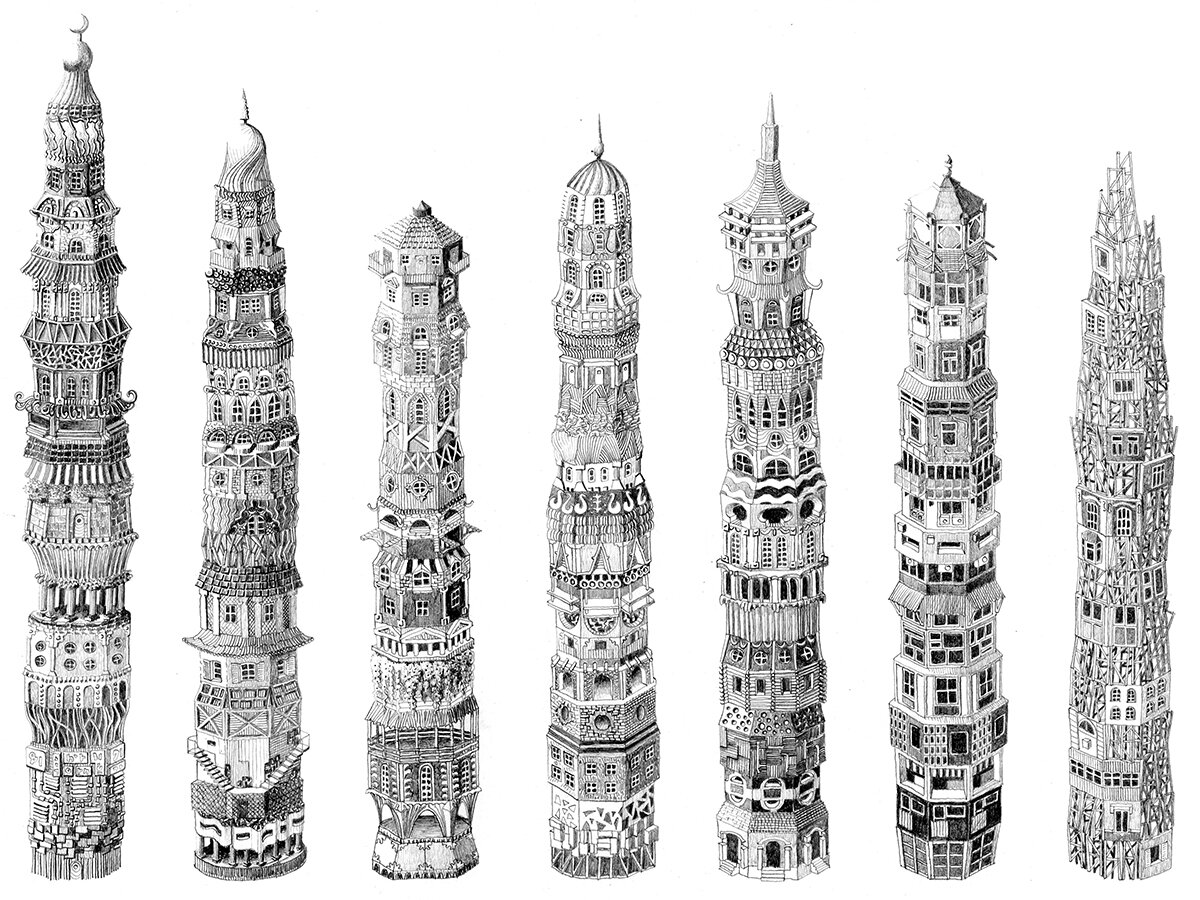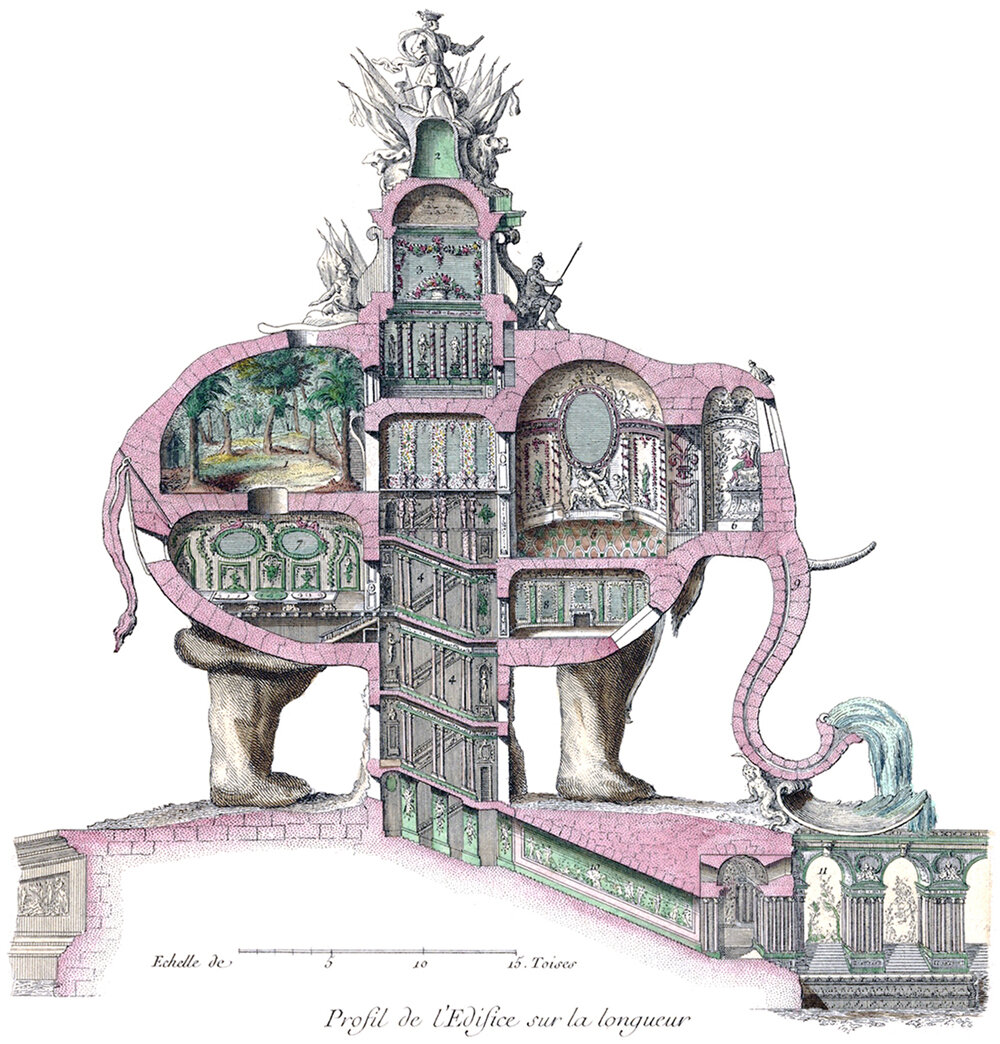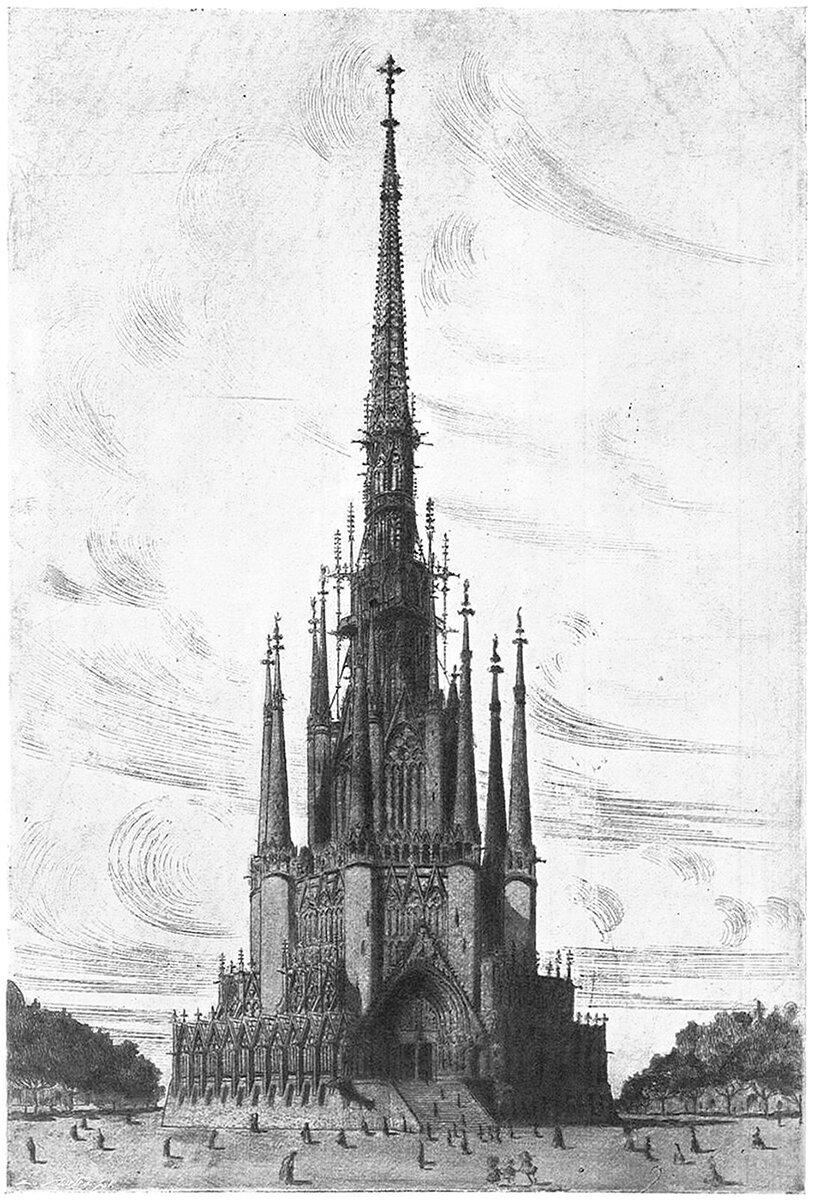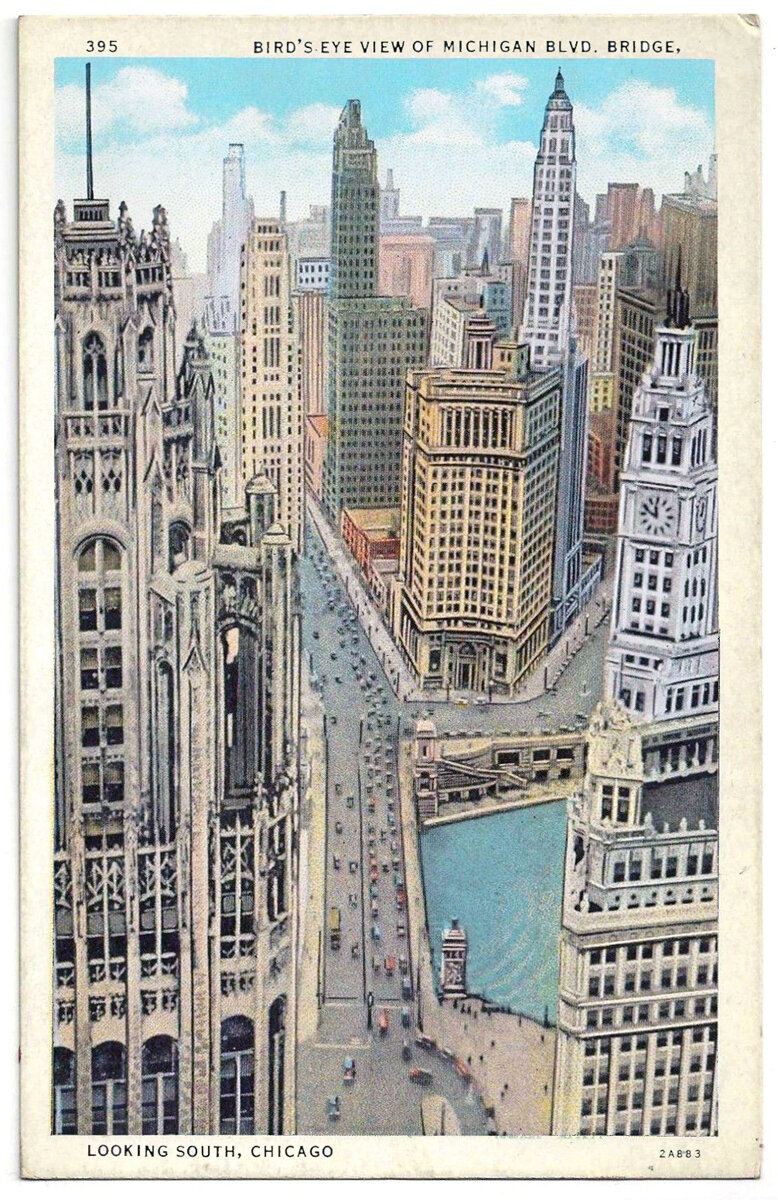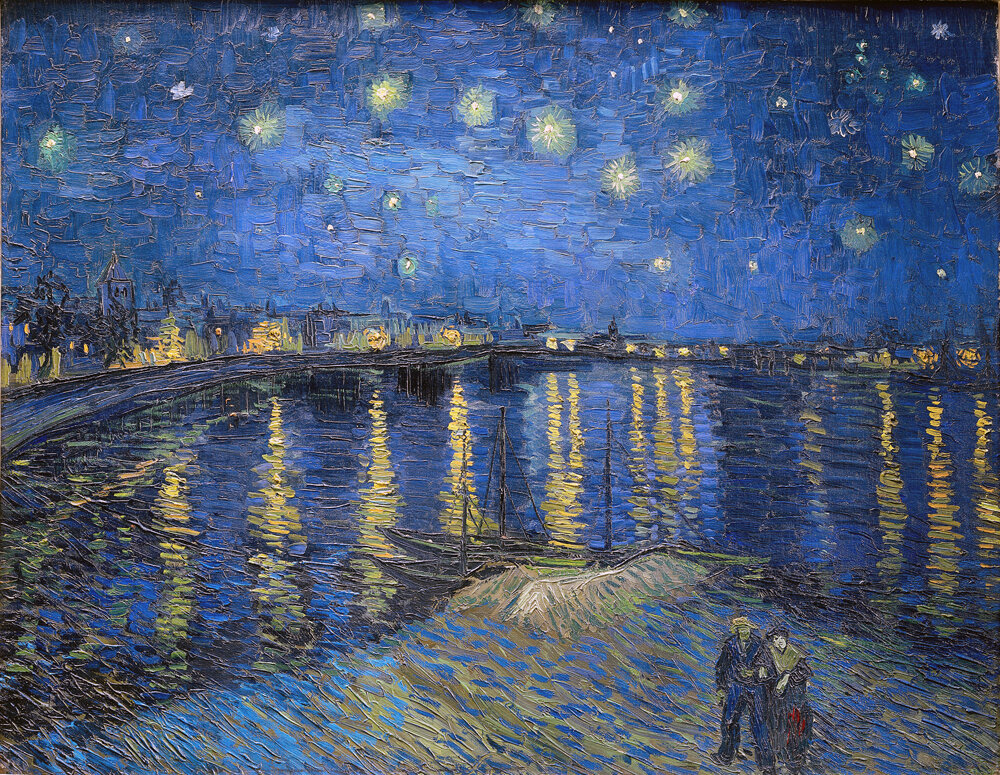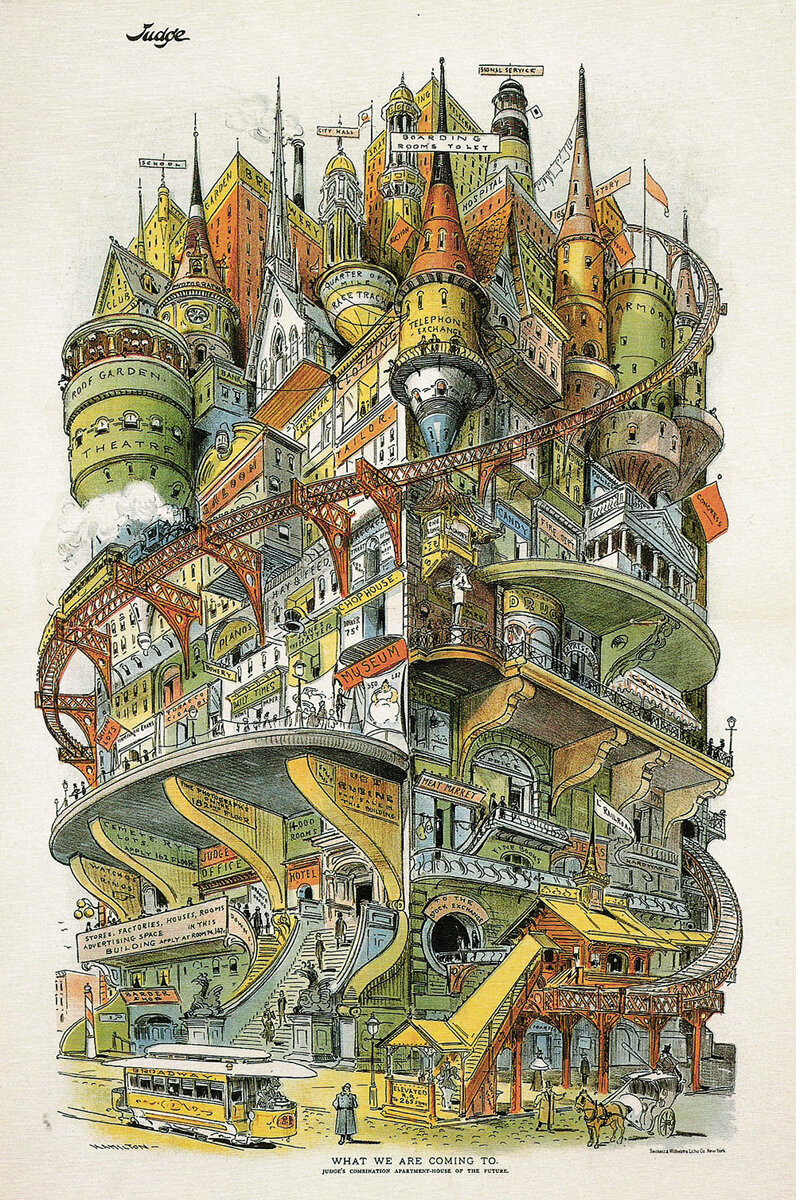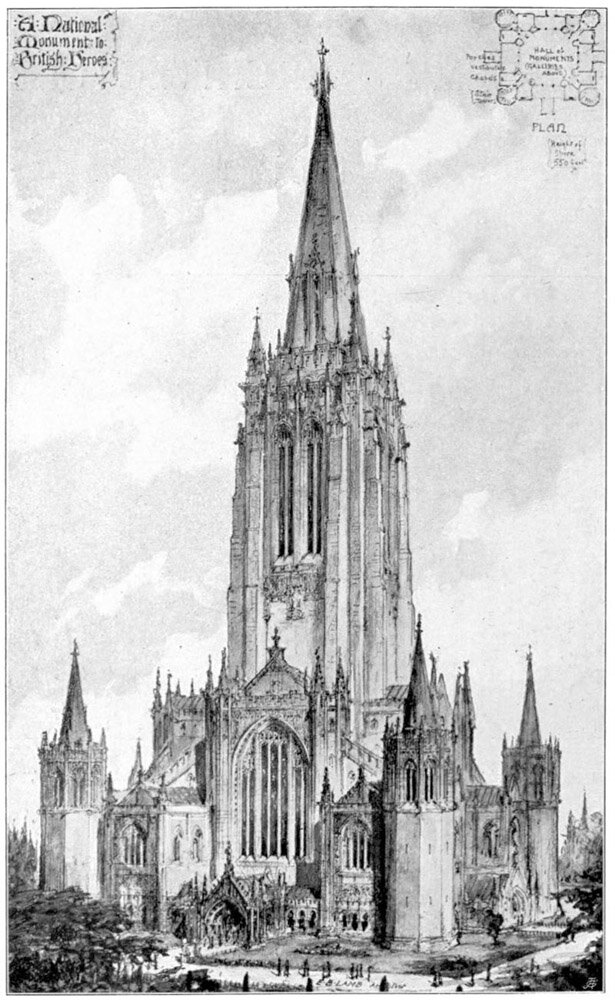Welcome to On Verticality. This blog explores the innate human need to escape the surface of the earth, and our struggles to do so throughout history. If you’re new here, a good place to start is the Theory of Verticality section or the Introduction to Verticality. If you want to receive updates on what’s new with the blog, you can use the Subscribe page to sign up. Thanks for visiting!
Click to filter posts by the three main subjects for the blog : Architecture, Flight and Mountains.
Alternate Realities : The Chrysler Building
The design process is never-ending. The only reason there’s an end is because something needs to get built, and it usually needs to happen quickly. It’s like a film, and the built result is like a snapshot from somewhere near the end of the film. .e image for example, showing. The above illustration is a good example. It four proposed designs for the Chrysler Building in New York.
“The skyscraper is Orwellian or Olympian, depending on how you look at it.”
-Ada Louise Huxtable, American architecture critic, 1921-2013.
Alberto de Palacio’s Monument to Christopher Columbus
The phenomenal success of the Eiffel Tower has impressed upon the projectors of coming exhibitions the idea that they must strive to rival (if not to surpass) that unique structure by some colossal monumental work. This is the first sentence of an article from 1891 announcing the proposal pictured above. It was a monument to Christopher Columbus, and it was designed by Spanish engineer Alberto de Palacio, to be built for the 1893 World’s Fair in Chicago.
A Design for Converting The Crystal Palace Into A Tower 1000 Feet High
Most people familiar with the history of modern architecture know the Crystal Palace. It was built in Hyde Park, London for the Great Exhibition of 1851, and it was designed by Joseph Paxton. What most people don’t know, however, is another architect took the pieces of the Crystal Palace and re-arranged them into a supertall tower proposal. It wasn’t built, of course, but it’s a fascinating proposal that takes advantage of the temporary nature of the original building.
The Coney Island Globe Tower
Pictured above is the Coney Island Globe Tower, proposed in 1906 by Samuel Friede for a lot at the corner of Steeplechase Park in Coney Island, Brooklyn. The building features an enormous globe built of latticed steel, similar in style to the Eiffel Tower. The Globe was designed as an entertainment and leisure complex, and it was marketed as the second tallest building in the world, behind the aforementioned Eiffel Tower. The most intriguing part of the proposal, however, is that it was a fraud.
Richard Trevithick’s Monument to the Reform Act
This is Richard Trevithick’s Monument to the Reform Act, proposed in 1832 for a site somewhere in London. It was meant to be 1,000 feet (304 meters) tall, and it would’ve towered over the entire cityscape at the time. It’s one of a few tower proposals that aimed for the landmark 1,000-foot height, long before the Eiffel Tower made it a reality in 1889.
Vladimir Tatlin’s Tower
Tatlin’s Tower has always made me uneasy. There’s something about it’s form that rubs me the wrong way, but at the same time, it’s strangely captivating. In school, I was exposed to it many times in architecture history classes, but it was always glossed over as just another example of Russian Constructivism. Let’s take a closer look and see just how strange it is.
Stacking Typologies
When designing a skyscraper, an architect usually takes a holistic approach. This means the entire building is designed with a common strategy, which usually translates into a single aesthetic. In short, each building has a style. What happens when you start mixing styles together? At the surface, this would sound like blasphemy to most architects practicing today, but let’s ponder it.
Charles Ribart’s Triumphal Elephant
Certain architectural proposals are hard to take seriously. This is one of them. It’s a design for the site that the Arc de Triomphe would eventually get built on in Paris, and it was proposed a few decades before the iconic monument broke ground. Yes, it’s a giant elephant. Yes, the architect was being serious. Yes, the French government swiftly rejected the proposal.
“A skyscraper is the incarnate rebellion against the supposedly unattainable; against the mystery of altitude, against the otherworldliness of the cerulean.”
-Joseph Roth, Austrian journalist and novelist, 1894-1939
The Unbuilt Inmaculado Corazón de María
I came across the above image recently, and it really caught my eye. It’s a 1910 proposal for a school and church in Buenos Aires, called the Inmaculado Corazón de María (The Immaculate Heart of Mary), and it was designed by Catalan architects Josep Puig i Cadafalch and Josep Goday i Casals. Details are sparse, but the design seems to be a competition proposal that wasn’t chosen. It’s too bad, because it would’ve been an amazing building if it was completed.
"[The skyscraper] must be tall, every inch of it tall. The force and power of altitude must be in it, the glory and pride of exaltation must be in it. It must be every inch a proud and soaring thing"
-Louis Sullivan, American architect, 1856-1924
The Urban Canyon
It’s difficult to reconcile the inhuman scale of the skyscraper with the human experience at street level. In most Western cities of today, the experience of walking down the street is largely soul-less, with a relentless street wall rising up on both sides and massive towers rising above that, usually set back from the street wall a bit.
“The problem of the tall office building is one of the most stupendous...opportunities that the Lord of Nature in His beneficence has ever offered to the proud spirit of man.”
-Louis Sullivan, American architect, 1856-1924
Verticality, Part XII: A Never-ending Struggle
The preceding work has explored our history with Verticality and our struggles to escape the surface of the Earth throughout human history. It began with our context on Earth and our source code that developed in us before we became human in the first place. It then explored our subsequent history up to today and focused on architecture, which is an external manifestation of this inner need to escape the surface. The previous chapter brought us to the present day, which also brings us to the question: will we ever stop pursuing our need for Verticality?
What We Are Coming To
If you wanted to cram every possible building type into a single structure, what might that structure look like? It’s a hell of a design problem, and the image above shows one artist’s idea of what it might look like. It’s an illustration by Grant E. Hamilton, called What We Are Coming To. It appeared in an 1895 issue of Judge magazine, with the headline ‘Judge’s combination apartment house of the future.’
“You can tell what’s informing a society by what the tallest building is ... when you approach a modern city, the tallest places are the office buildings, the centres of economic life."
-Joseph Campbell, American literature professor and author, 1904-1987
The Ancient Chullpa of Peru
Where do we go after we die? This question has been on our minds since pre-history, and we’ve come up with myriad stories and strategies to address it. Pictured above is an ancient chullpa, which is an ancient, above-ground tomb built by the Aymara people in Peru and Bolivia. The Aymara were an indigenous people who became a subject people of the Inca in the 15th and 16th century.
The Tallest Building in The South
To hell with context. The artist behind the postcard above must have been thinking something similar when conjuring up the fantasy that was to be The tallest building in the South. I use the term artist, rather than architect or designer, because the building depicted hasn’t been designed, but rather imagined. It’s a non-functional idea for a tall building, rather than an actual building proposal.
Edward B. Lamb's Monument to British Heroes
This is the National Monument to British Heroes, proposed by Edward B. Lamb in 1901. The structure was meant to house a hall of monuments and galleries, presumably to honor those who had died for the British crown throughout history. The proposal consists of a massive central belfry topped with a steeple and flanked by four turrets at its base.

